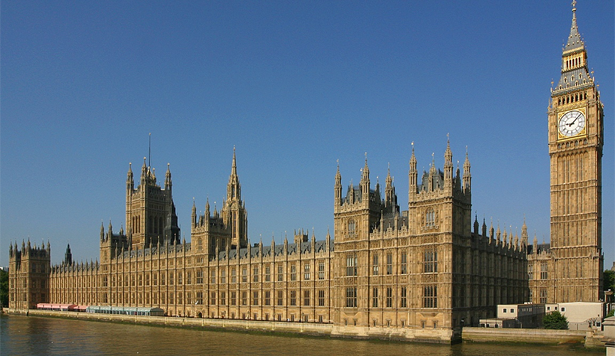Shenanigans are afoot in the House Of Lords, as Parliament scrutinizes Peter Mandelson's Digital Economy bill, which Peter Mandelson is desperately trying to push through before the general election looms.
The government has backtracked on one set of proposals - Clause 17, which would give the Secretary Of State the ability to alter copyright completely without consulting parliament. Those plans were heavily criticised by Google, Yahoo, eBay and Facebook.
Following further opposition from the Lib Dems and Conservatives, the government has issued an amendment to the bill that will better clarify how the powers can be used, and when they can't be used. That amendment will now be reviewed by the opposition as the debate continues.
Another proposal has been put forward by the BPI - the trade body that represents the major labels in the UK. If made law, it would see a provision for content owners to "claim" content as infringing and grant them the ability to obtain an injunction to force sites to take content offline.
The idea shares some similarities with the USA's DMCA takedown system, but lacks the "safe harbour" provisions that verify whether the claim is merited. The BPI says that this is analogous to defamation injunctions, which can hold up publication and distribution of huge volumes based on one offending sentence.
Lastly, one Conservative peer has proposed that search engines should be placed above the law, making them immune to any copyright claims at all. That would allow Google, Bing, Yahoo et al to store and distribute anything they wanted.
As the bill progresses through Parliament, there are sure to be further alterations. We'll keep you posted of the most significant changes, so stay tuned.

